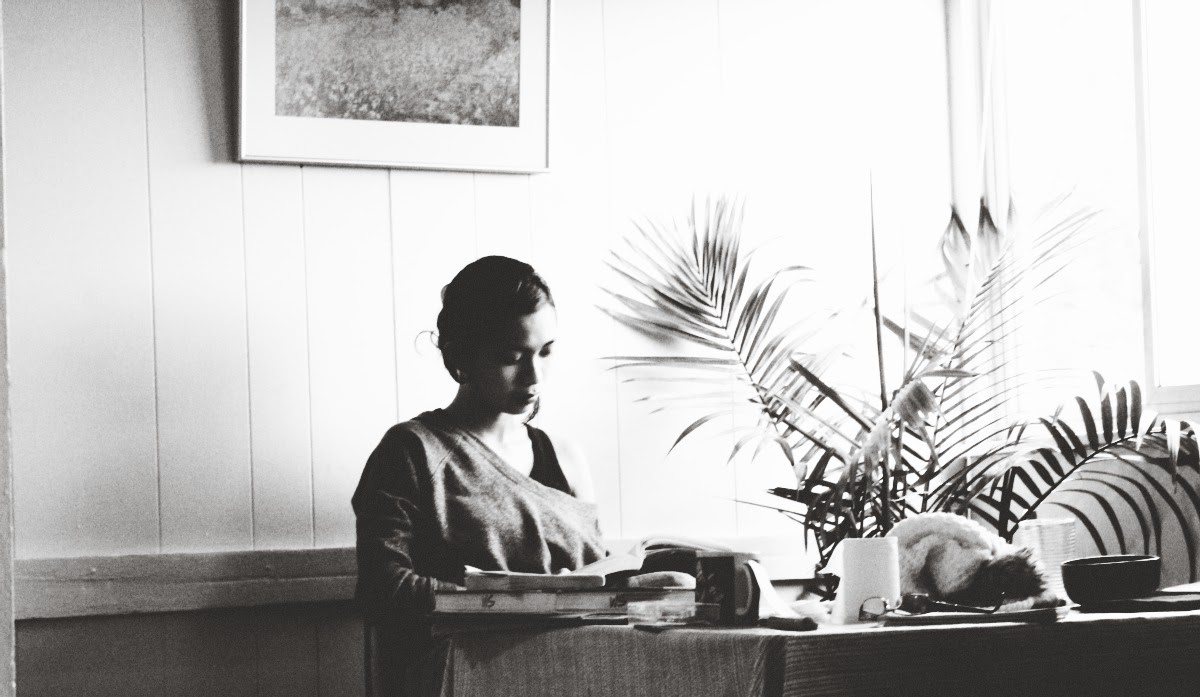There’s a common assumption that being an artist requires engaging in professional creative work. However, creation is ingrained in human nature from an early age, whether crafting stories and doodling on our parents’ walls or engaging in whimsical culinary experiments with leftovers. As Pablo Picasso aptly said, “Every child is an artist. The problem is how to remain an artist once he grows up.”
Irene Tuazon’s life led her through various paths, from a degree in anthropology to a career in banking, from working in non-profits to working her way through as an immigrant in Canada. Despite life’s twists and turns, she has managed to keep her creative pursuits distinct from her professional identity, allowing her creativity to flourish without the pressure of financial obligations. In our conversation, we get into her journey, exploring her creative endeavours and gaining insights into her unique approach to life.
Tell me a bit about yourself, what’s your day job? What did you go to school for?
There are two versions. One, I work in finance and the other one is, I do administrative work for a bank. I went to school for Anthropology.
Didn’t you also study finance in Canada?
A: Right, I have Canadian credentials, I forgot.
What’s your creative pursuit?
A: I like to sew, I like to draw, paint. Recently I’ve tried origami.
Were you always in touch with your creative side as a kid?
Yes, my first memories were of me drawing. I always wanted that tracing tool for flowers and animals.
At any point did you lose your creative interest or waver?
There was a point that I always judged myself and it wasn’t joyful but that was more with writing. I’ve never considered myself as good artist or illustrator but I also never sweat it.
Did you ever consider making a career out of your creativity?
I considered going into Visual Arts at the University of the Philippines when I was in my senior year of high school. But there was a portfolio requirement so I didn’t bother. At that point, I was already exposed to other kids who were skilled so I didn’t think I was at that level.
In my mind, the school wanted people who were already good at drawing. But illustration never caused me pain. I just did it without judging myself because I’ve always been a doodler in class. I didn’t care about my skill level until I had to make a portfolio, and that’s when I noticed skill comparisons. Other than that instance, I never really compared myself to others. I guess I judge myself more with my writing.
Since you didn’t pursue Visual Arts, how did you get into Anthropology?
My dad was an anthropologist and since I was already exposed to it, it was one of the options. I did pretty well in social science and I enjoyed field trips.
Were you happy with your degree, did it support your creative soul?
Yes, I was happy because I liked the people I was with, my work and the trips. It wasn’t Math or Science. Hahaha.
Were you creative during those times?
I’ve done a significant amount of writing, especially in Anthropology and other social science courses, where extensive writing is common. Unlike engineering or more technical subjects, Anthropology doesn’t require highly technical language. Initially, I didn’t view it as a creative exercise. However, considering your question, I now see it differently. Anthropology is creative in that it provides a unique perspective on understanding the world and how different cultures live. It offers a lens through which to view and appreciate diverse ways of life.
The environment in my program, even if my professors had skirmishes between themselves, they were kind to us. We didn’t have that stressor of a terror professor and we were a close group. It was fun for a college student.
Can you tell us a little bit about life after graduation when you started to work at a university’s Marine Centre?
It was the best job ever. The environment in the office, the sun would shine through and there were corals. The office had two huge ass aquariums, saltwater aquariums that needed to be maintained. It was cool. And when you entered the door there were big dried up corals, wooden floors, big tables.
I was a project assistant where I organized events. It was like I was a secretariat for different organizations. So I’d make workshops for them or activities. There was also a lot of travel involved.
Then you moved to Canada…
Yes and all hell broke loose.
There was a shift from Anthropology to working in the banking industry
I just let myself be carried by circumstance in a way. I didn’t seek out non-profits here and it was also dependent on funding.
How do you feel about being in banking?
It’s the job I said I would never do, ever. It’s administrative but it can be boring because it’s repetitive. You’re basically transferring certain amounts in different accounts and that’s what you do all day. In terms of our team, I love our team because no-one’s fraught with people who try to one-up another. The general dynamics is “how can we help each other or make the job easier?” without anyone breathing down our necks or micro-managing.
Having good coworkers is such an important part of your job. So it’s not really black and white.
It’s not that miserable but there are days when I am. It’s funny, it doesn’t look bad but it also doesn’t look good on a LinkedIn profile. You can dress it up as “I work in finance” but you can also dress it down as “glorified admin”.
What does your creativity look like now?
Lately, I’ve been sewing. I still draw and paint. I haven’t written for awhile. There’s always an occasional class I will take. If there’s something I’m interested in, I will take a class or try it out.
During those times I was in banking and all hell broke loose, I realized that I and even my past self would seek out opportunities to be creative. Let’s say enrol in a dance class, go to a festival or try a new recipe. I did dance a lot during those times. I did drawing challenges.
I see that creativity is a constant part of your life. It’s not necessarily a career but way of life for you
It would be nice to have it as a career but I guess I was raised in a very Filipino mindset where you can’t survive on art. But I’m also challenging that now. But It’s my way of life so I’m not sad. What else does one do?
“Everyday Artist” introduces us to individuals who may seem ‘ordinary’ but harbour a rich, creative world within them.

